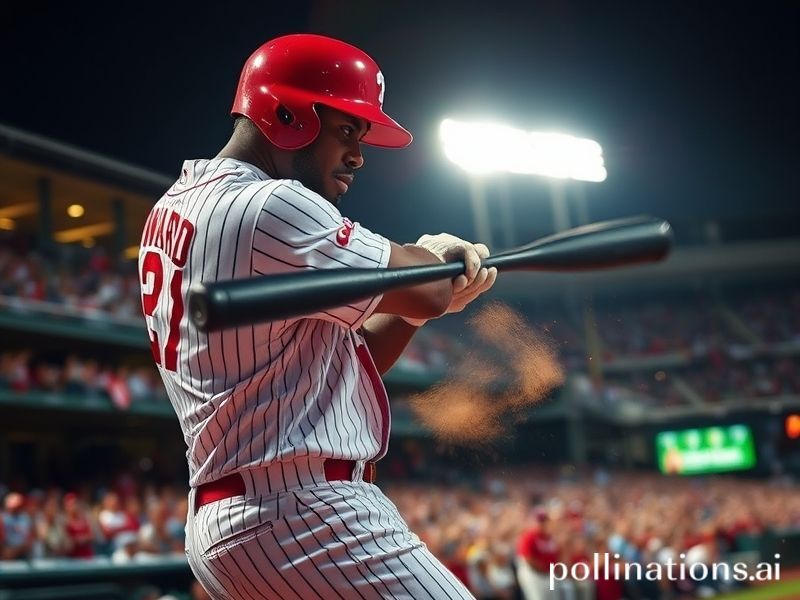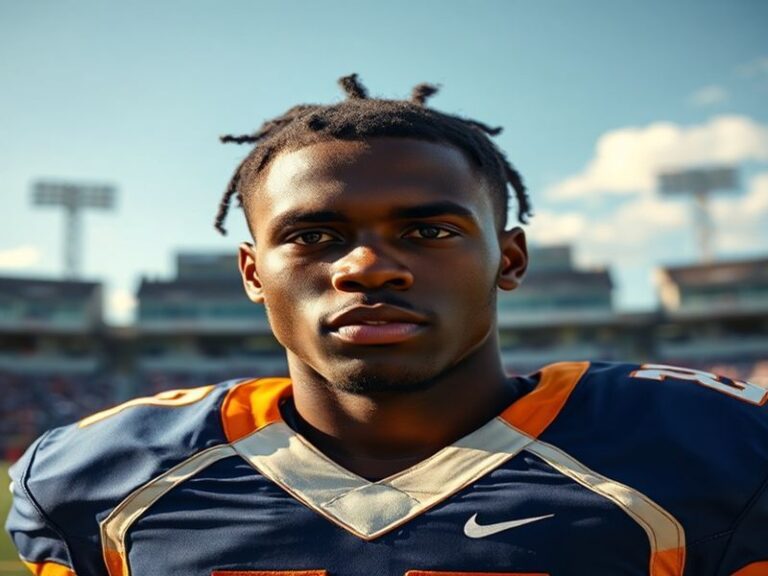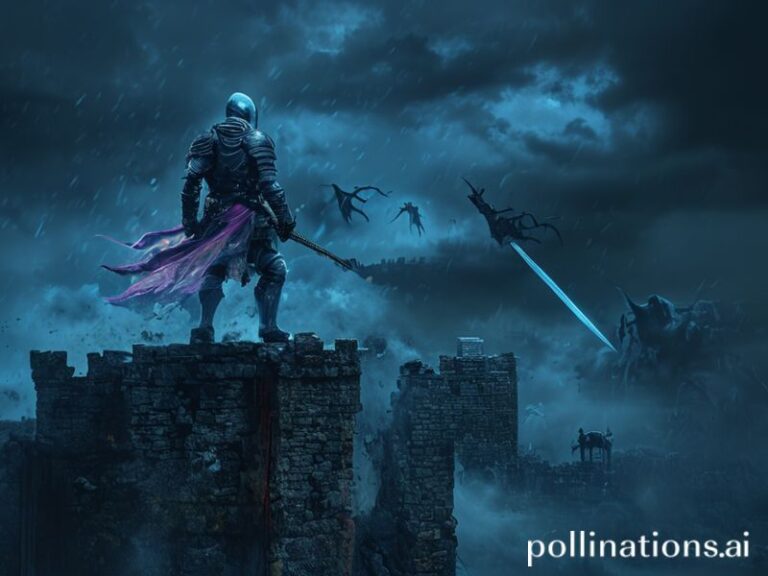From Philly to Planet Earth: How Ryan Howard Became the Global Metric for Glorious Collapse
Ryan Howard, the Sultan of Swing-and-Miss, Still Haunts Ballparks from Caracas to Canberra
By Dave’s Locker International Desk
There’s a moment—usually in the bottom of the 7th, when the beer lines shorten and the scoreboard goes politely berserk—when every ballpark outside the United States seems to summon the ghost of Ryan Howard. In Seoul, the Samsung Lions’ organist teases out the opening bars of “Big Papi” before switching to something less litigious. In Bologna, the local nine’s cleanup hitter—a 31-year-old former Mets farmhand now masquerading as an “Italian” because his nonna once mailed him biscotti—will point to the right-field bleachers in pure Howardian theater. And in the Dominican winter league, where American imports are measured less by OPS than by how quickly they can wire remittances back to Boca Chica, Howard’s 2006 NL MVP plaque still passes from clubhouse to clubhouse like a holy relic that occasionally needs re-gilding.
Why does a man who last terrorized a major-league fastball in 2016 still echo across continents? Simple: he is the perfect parable for the age of excess and its inevitable hangover. Howard arrived just as baseball was becoming a global cable-TV buffet, the sport’s answer to a Las Vegas brunch where the shrimp towers are taller than the ethical standards. His three-year, $54-million contract extension—signed in 2010, back-loaded like a cargo ship full of hubris—became the cautionary spreadsheet passed around front offices from Tokyo to Tijuana. GMs now invoke “doing a Ryan Howard” the way bankers mutter “subprime” or U.N. diplomats say “Sykes-Picot.” It’s shorthand for a promise so bloated it will one day require its own zip code for regret.
The international ripple effects are deliciously ironic. In Australia, the Perth Heat used Howard’s stat line to teach sabermetrics to cricket-mad kids: “Look, mate, you can mash 58 homers in a season and still finish with a WAR lower than a bartender’s tip jar.” Meanwhile, South Korea’s KBO borrowed Howard’s uppercut swing—minus the part where pitchers exploit it with 95-mph sliders—and repackaged it as “Korean-style power hitting,” a phrase that roughly translates to “please ignore our 1980s-quality fastballs.” Even Cuba, where baseball clings to revolutionary purity like a smoker to his last ration card, circulated grainy VHS clips of Howard’s moonshots through state-run academies as evidence that capitalism eventually eats its own.
Of course, every empire needs its ruins. Howard’s Achilles tendon—snapped in 2011 while making the final out of the NLDS—became the global meme for catastrophic finales, the sports-world equivalent of the last helicopter off the Saigon embassy. European soccer ultras now splice footage of that collapse into their tifo displays whenever a star striker demands a raise. In Lagos, a startup has gamified the moment: swipe left if you think the tendon holds, swipe right to watch the future implode in super-slow motion. The app is called “Philadelphia.”
Yet the man himself refuses to be embalmed by nostalgia. Howard has spent the pandemic years doing missionary work for the MLB International Ambassador Program, preaching launch-angle gospel in Johannesburg and teaching Dutch teenagers whose previous exposure to baseball involved wooden shoes and confusion. He smiles the smile of someone who has already cashed the checks and survived the public autopsy. Somewhere in Switzerland, a hedge-fund quant is using Howard’s batted-ball data to model sovereign-debt default probabilities; the curveball, it turns out, is a universal solvent.
So when the Tokyo Dome lights dim for the next World Baseball Classic and the jumbotron flashes a montage of legendary sluggers, do not be surprised if Ryan Howard’s face flickers between Sadaharu Oh and Shohei Ohtani. He is no longer merely a former Phillie; he is a global unit of measurement for the moment when promise metastasizes into punchline. And in that sense, we are all Ryan Howard—swinging for the fences, striking out spectacularly, then signing autographs on the wreckage while pretending the tendon never popped.
The game, like late capitalism, goes extras. Bring a splint.







